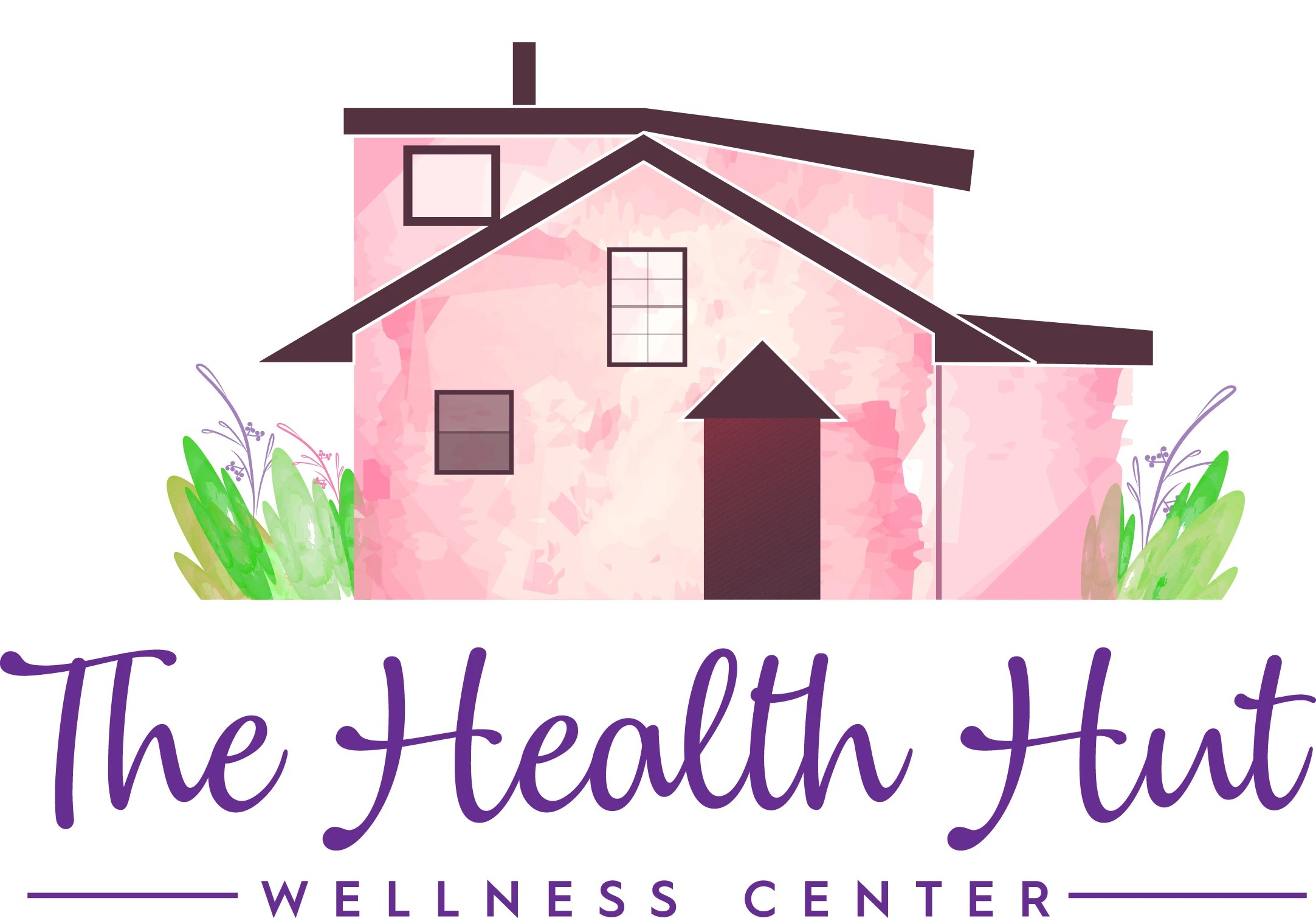What is Ayurveda?
“Because we cannot scrub our inner body we need to learn a few skills to help cleanse our tissues, organs, and mind. This is the art of Ayurveda.” Sebastian Pole
I fell in love with Ayurveda (the science of life) when I started practicing yoga. My love of the technology, and its ability to not only create health, but help restore it, led me to becoming a degreed Ayurveda practitioner. Part of my studies involved a trip to Kerala, India, where I shadowed Indian doctors for three weeks, and interned in the local hospital and worked with patients. We also went to a home in a small village that housed older men, and men with mental issues, and worked with providing diagnoses and medicines. Later, we visited a farm where many of the plants that are used in Ayurveda are grown and then processed for medicines. It was a fascinating experience.
I have used Ayurveda extensively in my personal pursuit of health for myself and my family and have employed it as the backbone of my nutritional work with clients to help them enhance and/or restore health for many years. Ayurveda truly is a wisdom tradition, in the absolute sense of the word. Its innate intelligence of how the body, mind, and emotions work in tandem to create wellness or ill-health is unparalleled.
An Ayurvedic practitioner can help clients in many ways, including the proper diet and the proper use of Ayurvedic herbs. Please always consult a professional before self-treating with herbs; what you don't know can hurt you. Although herbals are natural substances, they do directly affect the body systems, so having a basis of knowledge about contra-indications is very important.
What Is Ayurveda?
Ayurveda is part of a medical system widely recognized and practiced in India. It is thought to be over 5,000 years old. Prevention of disease through proper diet and lifestyle is its goal. Treatment is done through lifestyle changes, medical massage, and certain other therapies not common in the United States. Ancient herbal remedies, as prescribed by the medical books of Ayurveda, are used as medicine. Ayurveda considers the whole person as being a part of both disease and healing; the entire being, their lifestyle, emotions, and personal habits are all considered in the equation.
How Does Ayurveda Work?
Ayurveda operates on the basis of recognizing three different types of body systems, called doshas. Starting with the type of body system a person has, the practitioner determines what is out of balance within the person's dosha and then creates a return to health plan. In addition to using doshas as a guide, disease is diagnosed via a patient's description of symptoms, study of bodily fluids and excretions, physical palpation of the patient’s body, pulse-reading, and the tongue’s appearance. Modern diagnostic methods are also used by Ayurvedic doctors in India. Once a determination is made about the origin and severity of the illness, herbal medicines, dietary changes, exercises, massage, or other holistic treatments are prescribed.
Ayurvedic Doctor Versus Ayurvedic Practitioner
In India, a person trained to practice Ayurveda is a doctor, with the right to diagnose, treat, prescribe and oversee the medical care of patients. Doctors in India are often trained in both Western Medicine and Ayurveda, although typically doctors follow one path of training more than the other.
In the United States, professionals who practice Ayurveda are not medical doctors. In the USA, professionals trained in Ayurveda are practitioners. Ayurvedic practitioners such as myself act as health coaches and have extensive knowledge about herbs and nutrition and other alternative methods to bolster wellness. We cannot diagnose or treat diseases, nor can we administer some of the common Ayurvedic treatments as practiced in India. However, there is still much that we do to help our clients prevent or recover from disease. We understand the body and its operation in a much different way than Western medical practitioners and nutritionists. When Ayurveda is used it can help a client return to a state of wellbeing.
Ayurveda has proven itself as an effective diagnostic and healing modality for the human race over many thousands of years. Its treatments for diseases are typically gentler and cause fewer side effects than pharmaceuticals and interventions like surgeries. Ayurveda works for people of all ages, from birth all the way through to old age.
Interesting Fact(s)
Many of the herbs commonly used in Ayurveda have properties that effectively prevent or perhaps even help cure disease. One of the most promising herbs under study is Withania somnifera (WS), commonly known as Ashwagandha. It not only kills cancer cells, it stops tumors from growing and helps in recovery of chemo-induced fatigue. In an article written about its effects by the Memorial Sloan Cancer Center they state:
Ashwagandha reduced the growth of breast, central nervous system, colon, and lung cancer cells without affecting normal cells, but did not show any effectiveness against drug-resistant cancer stem cells. The compound Withaferin A enhanced oxaliplatin effects in human pancreatic cancer cells. Ashwagandha was also shown to prevent chemotherapy-induced neutropenia in mice. In a small study of disease patients, it alleviated chemotherapy-induced fatigue and improved quality of life.
Treatment protocols followed in the USA for many diseases, such as cancer, can be brutal and cause great suffering. Ayurveda and Traditional Chinese Medicine (TCM) have much to teach us in many ways and can assist in recovery from serious medical conditions and in healing after cancer treatments, surgeries, and more. (I will write about TCM in an upcoming blog article.) It behooves us to keep an open mind and to investigate additional paths to healing.
Experienced Ayurveda Practitioner in League City, Texas
If you are interested in investigating this system of natural healing, I am here to help. I do both local and distance consultations related to maximizing health through the use of Ayurveda, as well as yoga, meditation, and relaxation techniques. As always, though, if you suspect you have a medical condition, please consult a licensed physician. Although I am a trained Ayurveda professional, I am not a licensed medical provider and cannot diagnose medical conditions or prescribe medicines for disease.
Dr. Lola Scarborough (Ph.D)
The Health Hut
500-Hour Registered Yoga Teacher
Ayurveda Practitioner
Life Coach
Author




